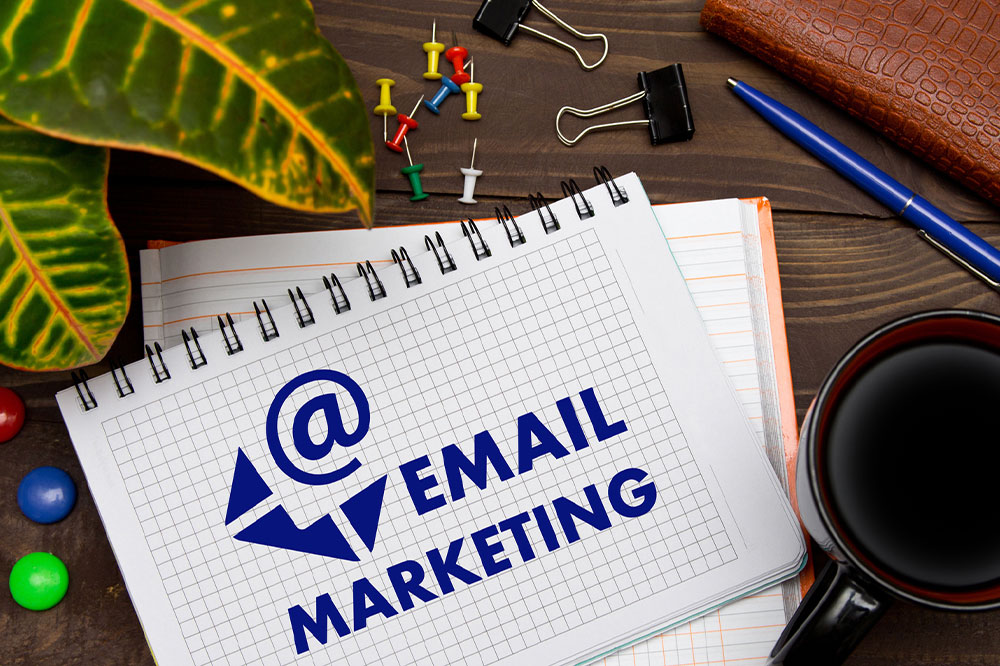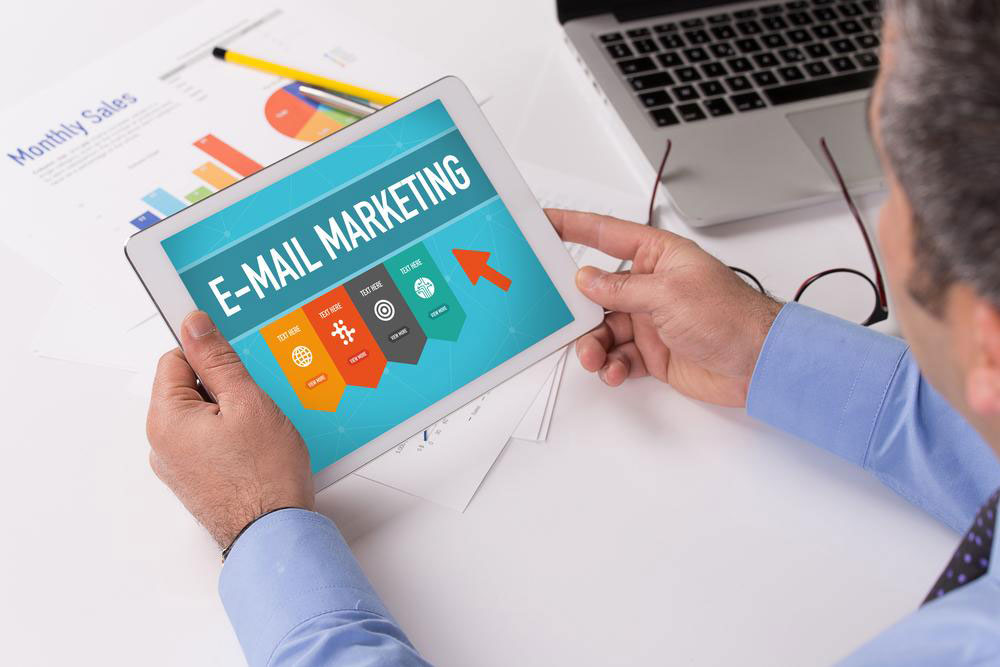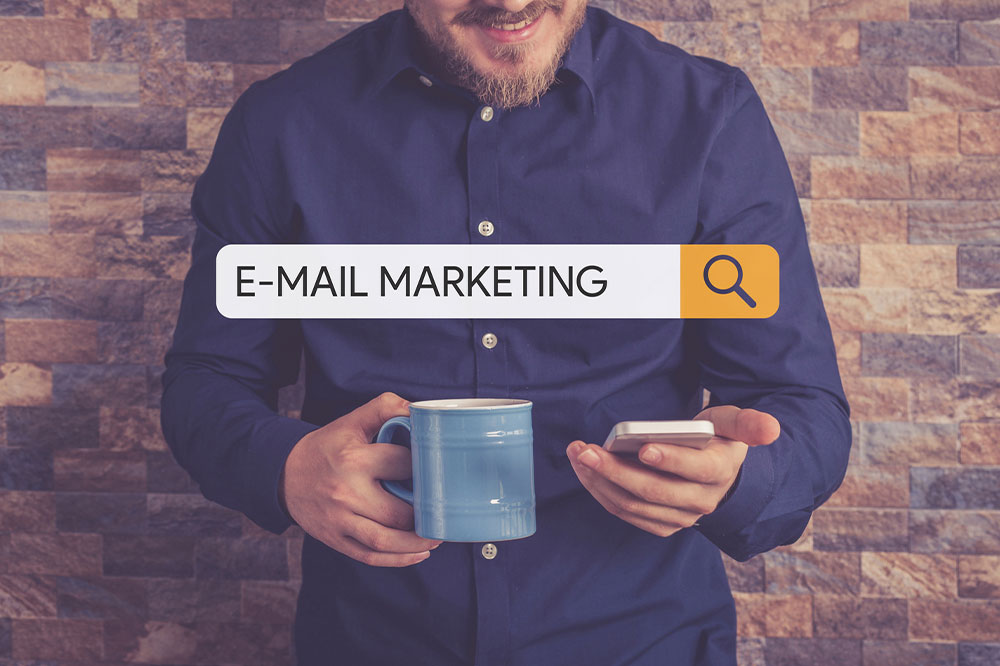Effective Email Marketing Strategies to Boost Your Business Growth
Explore comprehensive strategies to leverage email marketing effectively. Learn how to design engaging templates, utilize automation, segment audiences, and analyze results to boost your business’s digital outreach. This detailed guide provides practical tips for creating impactful campaigns that foster customer engagement, increase conversions, and enhance brand visibility in a cost-efficient manner.

Effective Email Marketing Strategies to Boost Your Business Growth
In the rapidly evolving digital landscape of today, businesses of all sizes are constantly exploring innovative ways to enhance their brand visibility, foster customer loyalty, and drive sales. Among the myriad marketing channels available, email marketing remains one of the most cost-efficient, targeted, and measurable methods for engaging with potential and existing customers. Unlike traditional advertising methods such as billboards, flyers, television ads, and banners—which often involve substantial costs and limited audience targeting—email marketing offers a direct line of communication with consumers, allowing businesses to deliver personalized content with minimal investment. This comprehensive guide delves into the nuances of email marketing, providing strategic insights on how to leverage this powerful tool effectively for your business growth.
Email marketing stands out because it connects businesses directly to their target audience in a highly cost-effective manner. It enables personalized messaging, which significantly increases the chances of customer engagement and conversion. As businesses seek to maximize their marketing return on investment, understanding the core components of successful email campaigns becomes essential. From designing compelling templates to utilizing automation tools, each element plays a vital role in ensuring your email outreach is impactful and resonates with your audience.
Understanding the Fundamentals of Email Marketing
At its core, email marketing involves the strategic sending of targeted messages to a carefully segmented audience. This method grants direct access to prospective customers, allowing businesses to showcase their products or services swiftly and economically. Compared to traditional advertising channels, email marketing requires fewer resources, making it an ideal choice for startups, small businesses, and large enterprises looking to optimize their marketing budget. Its capacity for personalization, automation, and detailed analytics helps organizations craft tailored messages that foster trust and loyalty. Moreover, the ability to track open rates, click-throughs, and conversions provides valuable insights, enabling continuous refinement and improvement of marketing strategies.
Developing an Effective Email Campaign: Top Strategies
Creating a successful email marketing campaign goes beyond simply sending emails. It involves meticulous planning, high-quality content creation, and leveraging the right tools and techniques. Here are some essential tips to maximize your email campaign's effectiveness:
Craft Engaging Subject Lines: Your subject line is the first impression and determines whether recipients open your email. It should be compelling, clear, and relevant to encourage higher open rates.
Design Visually Appealing Templates: The visual aspect of your emails plays a critical role in capturing attention. Use professionally designed templates that are visually engaging, aligned with your branding, and compatible across various devices and email clients.
Personalize Your Messages: Personalization increases relevance. Use recipient data to tailor content, offers, and greetings, making each recipient feel valued.
Segment Your Audience: Divide your contact list into targeted segments based on demographics, purchase history, or engagement levels. Segmentation allows for more precise messaging and better conversion rates.
Optimize for Mobile Devices: With the majority of emails being opened on smartphones and tablets, ensuring your templates are mobile-responsive is crucial for readability and interaction.
Include Clear Calls-to-Action (CTAs): Your email should have a prominent, persuasive CTA guiding recipients toward the desired action, such as making a purchase, signing up, or visiting your website.
Test and Analyze: Perform A/B testing on subject lines, content, and send times. Regularly monitor analytics to identify what works best and adapt accordingly.
Key Components of an Impactful Email Template
An effective email template is more than just aesthetic; it’s a strategic tool that enhances message clarity and engagement. When designing your templates, consider the following elements to maximize their impact:
Themes and Visual Identity: Choose a visual theme that aligns with your brand identity. Consistent use of colors, logos, and fonts helps reinforce brand recognition and appeal.
Automation Integration: Incorporate automation features to send timely, relevant messages based on user actions, such as welcome emails, cart abandonment reminders, or birthday greetings.
Performance Tracking: Embed tracking pixels and analytics to monitor how recipients interact with your emails. Insights gained help optimize future campaigns.
Customer Feedback: Including surveys or feedback forms within emails can provide valuable insights, helping you personalize services and improve customer satisfaction.
Delivery Optimization: Regularly review delivery metrics to ensure high inbox placement rates. Use techniques like SPF, DKIM, and DMARC to enhance email deliverability and avoid spam filters.
Maximizing the Effectiveness of Your Email Campaigns
Ensuring your emails reach your audience and generate desired results involves continuous optimization. Focus on sending relevant, well-timed messages and continually refining your strategy based on analytics data. Employing high-quality templates, staying consistent with branding, and adopting best practices like list cleaning to remove inactive contacts contribute to your campaign's success. Additionally, integrating customer feedback and survey responses helps nurture stronger relationships and improves future outreach efforts. Remember, the goal of email marketing is not just to communicate but to build a meaningful connection that leads to increased brand loyalty and sales.
In conclusion, email marketing is a versatile, scalable, and cost-effective strategy to drive business growth in today's competitive marketplace. By understanding its core components and applying strategic best practices—from crafting compelling templates to leveraging automation tools—businesses can enhance their outreach efforts, strengthen customer relationships, and achieve measurable results. Consistent attention to detail, combined with ongoing analysis, will ensure your email campaigns remain effective and continue contributing positively to your overall marketing goals.





